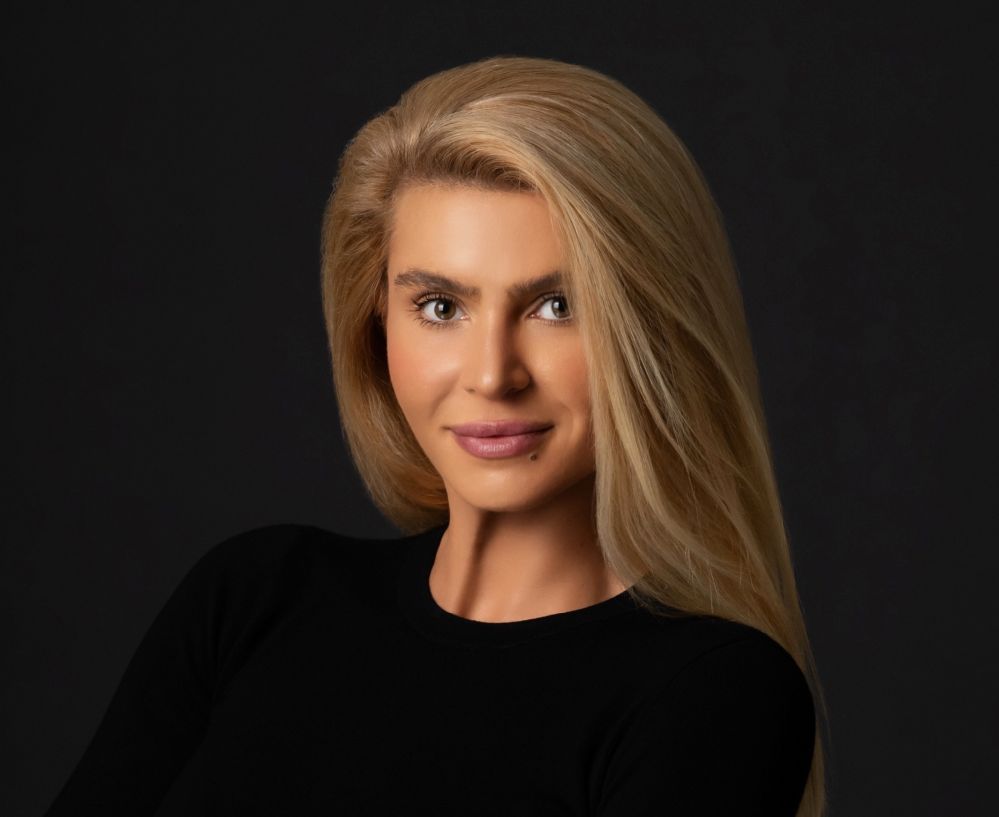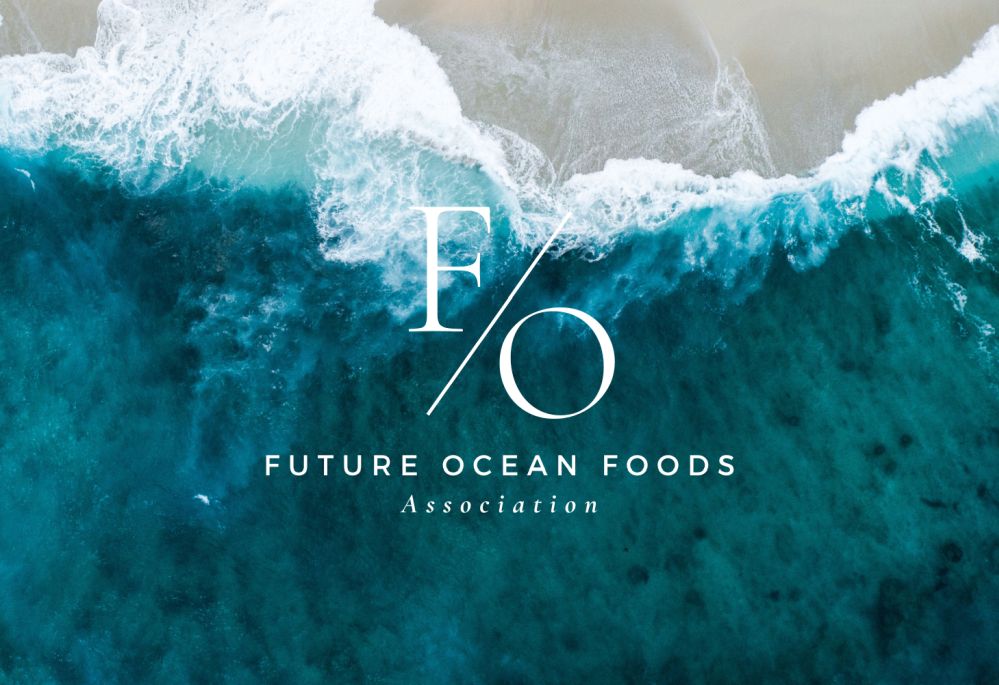36 alt seafood startups in 14 countries—spanning cultivated, plant-based, and fermentation-based technologies—have joined forces to create a new trade association: Future Ocean Foods.
The association, which is partnering with The Good Food Institute (GFI), ProVeg International, The Global Organization for EPA & DHA Omega-3s (GOED), will initially focus on knowledge-sharing and educating key stakeholders about the laundry list of problems linked to traditional seafood and the benefits of promoting alternatives.
Down the road, it is also planning a “global event that will unite alternative seafood startups, investors, government groups, trade associations, traditional seafood companies and organizations, as well as representatives from retail, foodservice and grocery.”
‘The need for creating and scaling sustainable protein sources has never been more urgent’
While most consumers tend to regard fish fairly positively as a source of protein and omega-3 fatty acids, problems linked to seafood—from overfishing to mercury, microplastics, fraud, mislabeling, illegal labor practices, and bycatch—are driving interest in alternatives, claims Future Ocean Foods founder and executive director Marissa Bronfman.
“Our oceans face significant peril, with a predicted total collapse of global fisheries by 2048 due to human-led destruction and climate change. The global seafood industry is projected to surpass $700 billion by 2030, however wild catch and aquaculture simply cannot, and should not, fulfil this demand.
“As we prepare for a future population of 10 billion people by 2050,”said Bronfman, “the need for creating and scaling sustainable protein sources has never been more urgent. Members are keen and committed to working with traditional seafood companies and organizations, to help them diversify their offerings, create sustainable solutions and promote jobs and economic prosperity in regions and among communities historically reliant on the seafood sector.”

Niche within a niche?
According to the GFI, plant-based seafood accounted for just $14 million in US retail sales in measured channels in 2022 , a tiny fraction of the $1.4 billion alt-meat segment, or a niche within a niche.
So what makes Bronfman think this segment is going to take off, given the weakening sales of plant-based meat in some markets such as the US?
“We have to think globally,” she tells AgFunderNews. “30% of the global population looks to seafood as their primary source of protein. No one wants another [beef/chicken/pork] burger or nugget, I think we’ve reached saturation, whereas there are dozens of species to develop under the umbrella term seafood… from white fish, to salmon, to sushi, and crustaceans.”
She added: “What is really exciting is the number of massive global corporations like Nestlé and global seafood companies such as Thai Union that are diversifying [by partnering with or investing in alt seafood products or startups], because unlike terrestrial meat, there are a finite number of fish in the sea.”
‘It’s a grim time for alternative protein investment’
As for investors, she said, “It’s a grim time for alternative protein investment, but I think there’s also a positive focus on going back to basics and building good businesses. If you’re looking at a global opportunity as an investor and you have a fairly long time horizon, I would say look to seafood. A majority of the world is eating seafood, so if you’re looking for a massive total addressable market, seafood is a fantastic way to go.”
While cynics would argue that just because seafood is a massive market doesn’t mean that alt seafood players will capture a meaningful share of it, large seafood players recognize that they can’t carry on as they are forever, said Bronfman.
“As we prepare for a future population of 10 billion people by 2050, the need for creating and scaling sustainable protein sources has never been more urgent.”
Future Ocean Foods member companies
Akua (USA), Algarithm (Canada), Aqua Cultured Foods (USA), Atlantic Fish Co. (USA), Avant Meats (Singapore), Bettaf!sh (Germany), Boldly Foods (Australia), By2048 (Canada), Current Foods (USA), FoodSquared (UK), Good Catch (USA), Hooked Foods (Sweden), Impact Food (USA), Infusd Nutrition (Canada), Konscious Foods (Canada), Koralo Foods (South Korea), Loki Foods (Iceland), Mara (Canada), Mindblown by The Plant Based Seafood Co. (USA), Natures Crops (UK), New School Foods (Canada), Ordinary Seafood (Germany), Oshi (Israel), Poseidona (Spain), Revo Foods (Austria), Save Da Sea (Canada), SeaSpire (India), SeaVoir (USA), Seed To Surf (Canada), Simpliigood (Israel), Smallfood (Canada), Sophie’s Bionutrients (The Netherlands), SoundEats (USA), Umami Bioworks (Singapore), Vegan Finest Foods (The Netherlands), Wicked Kitchen (USA).





